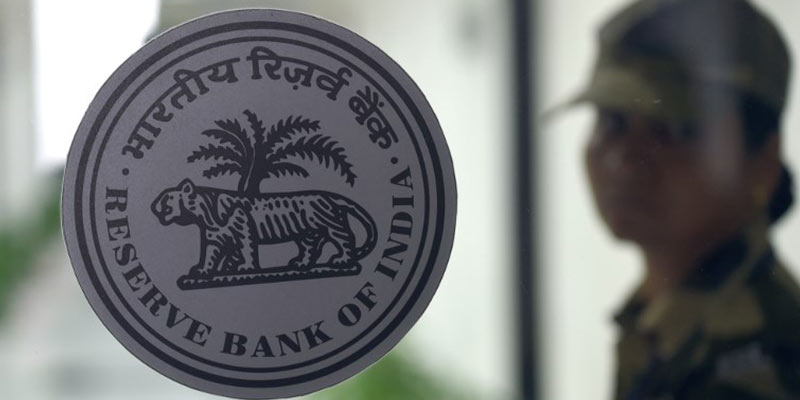- India
- Apr 09
Explainer / Govt Securities Acquisition Programme (G-SAP)
The Reserve Bank of India said the first purchase of government securities worth Rs 25,000 crore under the Government Securities Acquisition Programme (G-SAP 1.0) will be done on April 15 with a view to enabling a stable and orderly evolution of the yield curve.
What is G-SAP?
• After the Monetary Policy Committee meeting on April 7, governor Shaktikanta Das announced that the RBI will conduct open market purchase of government securities (G-Secs) of Rs 1 lakh crore under G-SAP 1.0 in the first quarter of this financial year.
• The endeavour through the programme will be to ensure congenial financial conditions for the economic recovery to gain traction.
• G-SAP will run alongside RBI’s regular operations, including Liquidity Adjustment Facility (LAF), open market operations (OMOs) and Operation Twist.
• The programme is built into the central bank’s liquidity planning framework for 2021-22 as a whole.
• In the last financial year, RBI bought Rs 3.3 trillion worth of government securities through open market operations (OMO).
• RBI governor had said the positive externalities of G-SAP 1.0 operations need to be seen in the context of those segments of the financial markets that rely on the G-Sec yield curve as a pricing benchmark.
• A report noted that G-SAP will help reduce the spread between the repo rate and the 10-year government bond yield and that, in turn, will help to reduce the aggregate cost of borrowing for the Centre and states in 2021-2022.
What is a bond?
A bond is a debt instrument in which an investor loans money to an entity (typically corporate or government) which borrows the funds for a defined period of time at a variable or fixed interest rate.
Bonds are used by companies, municipalities, states and sovereign governments to raise money to finance a variety of projects and activities.
Owners of bonds are debt holders, or creditors, of the issuer.
What is Government Security (G-Sec)?
A Government Security (G-Sec) is a tradable instrument issued by the central government or state governments. It acknowledges the government’s debt obligation.
Such securities are short term (usually called treasury bills, with original maturities of less than one year) or long term (usually called government bonds or dated securities with original maturity of one year or more).
In India, the central government issues both treasury bills and bonds or dated securities while the state governments issue only bonds or dated securities, which are called the State Development Loans (SDLs).
G-Secs carry practically no risk of default and, hence, are called risk-free gilt-edged instruments.
What is open market operations (OMOs)?
OMOs are the market operations conducted by the RBI by way of sale/purchase of G-Secs to/from the market with an objective to adjust the rupee liquidity conditions in the market on a durable basis.
When the RBI feels that there is excess liquidity in the market, it resorts to sale of securities thereby sucking out the rupee liquidity.
Similarly, when the liquidity conditions are tight, RBI may buy securities from the market, thereby releasing liquidity into the market.
What is Liquidity Adjustment Facility (LAF)?
LAF is an important tool of monetary policy and liquidity management.
It is a facility extended by RBI to the scheduled commercial banks (excluding regional rural banks) and primary dealers (PDs) to avail of liquidity in case of requirement or park excess funds with RBI in case of excess liquidity on an overnight basis against the collateral of G-Secs including State Development Loans (SDLs).
Basically, LAF enables liquidity management on a day to day basis. The operations of LAF are conducted by way of repurchase agreements with RBI being the counter-party to all the transactions.
The interest rate in LAF is fixed by RBI from time to time.
What is Operation Twist?
The RBI has conducted simultaneous purchase and sale of government securities under OMOs.
Operation Twist involves purchasing G-Secs of longer maturities and selling equal amounts of G-Secs of shorter maturities. The corporate bonds are benchmarked to the yields in the longer-term G-Sec segment.
The aim of Operation Twist is to improve transmission of the current accommodative policy stance to the corporate bond market by softening the yields on government securities at the longer end.
Manorama Yearbook app is now available on Google Play Store and iOS App Store

